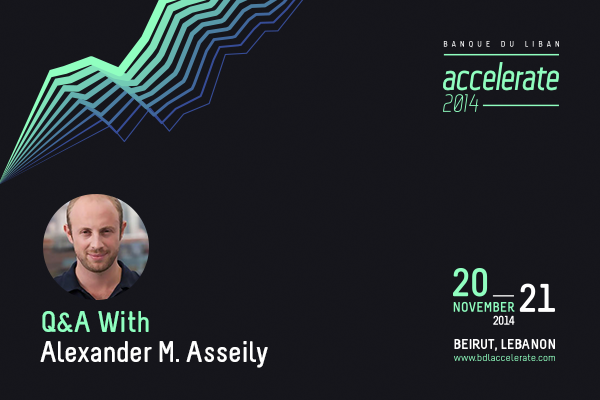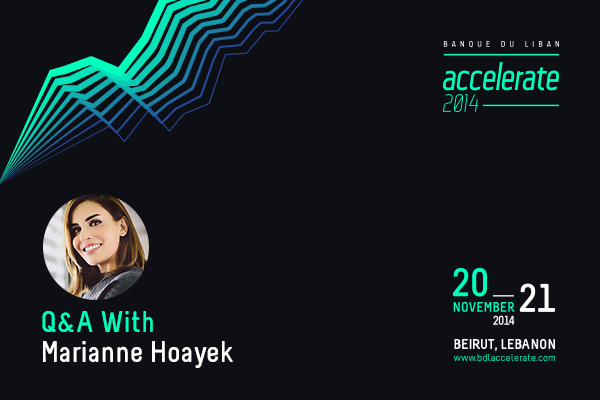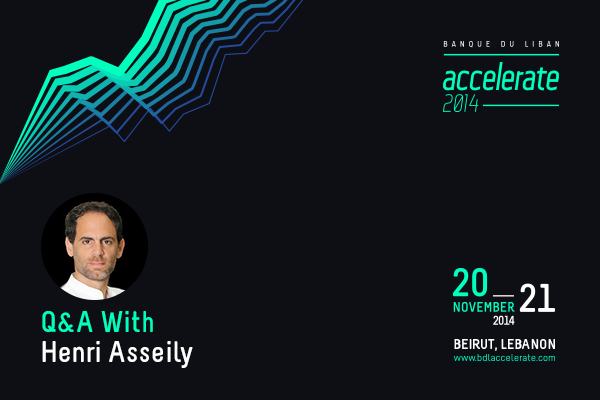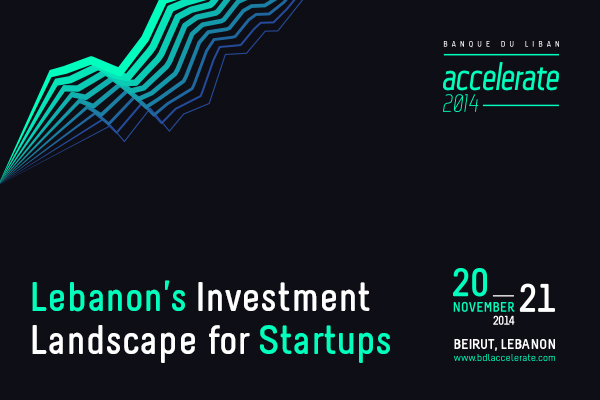Q&A with Alexander Asseily
Written by

Alexander M. Asseily
Chairman/Co-founder, Jawbone & State
London, UK
Alexander Asseily is the founder and Executive Chairman of London-based startup, State. State is an opinion network for the world: a kind of global town square, where people can connect to each other through what they think, rather than who they know. Prior to State, Alexander was the founding CEO of Jawbone, the largest venture capital-backed consumer electronics company in the world, where he currently maintains the role of Chairman. Jawbone is the industry leader in mobile lifestyle products including the award winning ICON wireless headsets, JAMBOX speakers, and UP wellness solutions. Alexander also serves as Chairman and Co-founder of Chiaro, a London-based personal wellness technology start-up, whose first product Elvie will be unveiled in November 2014. Alexander grew-up in Beirut and London before receiving his BSc & MSc in Engineering Design at Stanford University. He advises a number of startup technology companies and charitable organizations in the US and Europe.
Your story is about success, but the road to success is often studded with mistakes, or even failures. What was your biggest mistake and what did you learn from it?
Not knowing how to hire great people from the beginning.
As a Lebanese entrepreneur who has had his big break outside Lebanon, what advice can you give to Lebanese entrepreneurs who are starting up businesses in the country?
Think Big. The local market is not big enough and often unstable. Aim for regional or global markets and leverage the location-agnostic nature of the web. It’s not easy to start a company anywhere—even in California—and although Lebanon definitely has some drawbacks, most of them are minor in comparison to the challenge of creating an amazing product. It adds overhead but you can work that into your operating model. It also has some advantages: for the internet, your market is what you make it but your costs could be considerably lower and your retention rate for partners/team is likely to be much greater. Leverage the best practices from other places like Silicon Valley and London, apply them judiciously to your own situation in Lebanon and leverage the key things that Lebanon has to offer: smart people, good education, good global connections, etc.
Do you think Jawbone would have reached its heights had you started it out of Lebanon? What do you think Lebanon needs to do to up its startup game?
Probably not in 2000 but maybe today. Hardware is tricky because sometimes you need some rare skills like PCB or firmware or DSP design that only thrive in dense eco-systems like Silicon Valley or Southern China. That said, it’s far from being clear cut. You could hypothetically outsource to other countries the things that Lebanon doesn’t have locally and ultimately take advantage of global connectedness to reach markets and suppliers that might have been impossible to reach 15 years ago.
Lebanon needs fast and reliable internet before it does anything else. The government should create incentives for people to start and operate companies painlessly: tax cuts, paperwork, etc.




